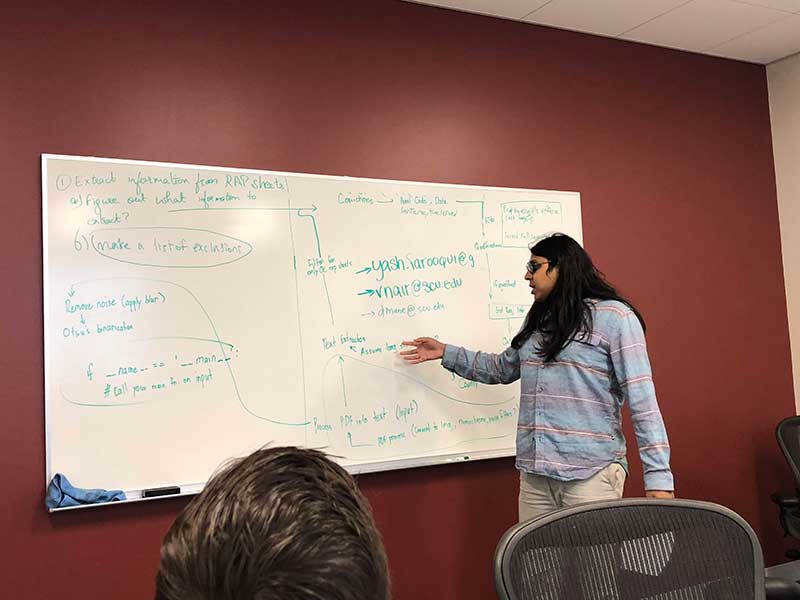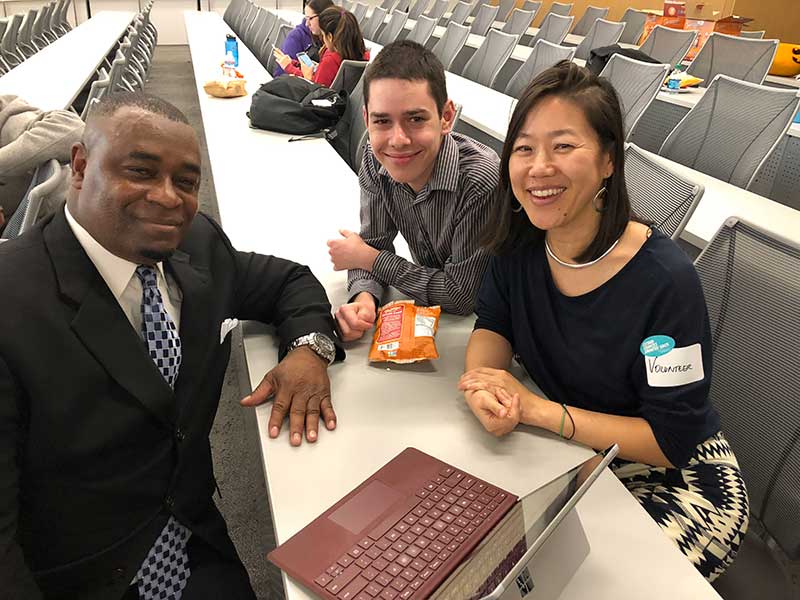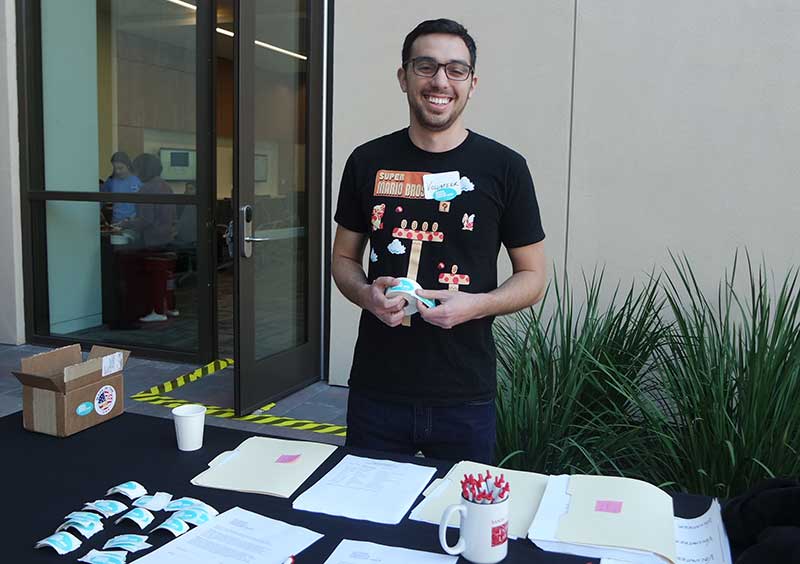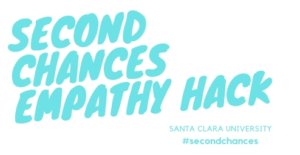 “The sheer scope of data decentralization and inefficiency in the criminal justice system and working with some awesome people left the greatest impression on me.” -D. Weber, 2018 Hackathon participant
“The sheer scope of data decentralization and inefficiency in the criminal justice system and working with some awesome people left the greatest impression on me.” -D. Weber, 2018 Hackathon participant
“I must thank you for your generosity and support. The Hackathon was wonderful. I have such a newfound appreciation for what a collaborative effort between engineering and legal disciplines can produce. I was most impressed by how quickly the students “got” what we do at UnCommon Law”
– Keith Wattley JD ’99, Obama Fellow, Founder, Uncommon Law
About the Empathy Hackathon:
The hackathon brings together the diverse members of our campus and local community to not just SUPPORT organizations that are working on the front lines to IMPROVE our criminal justice system but also to tap into the community’s EMPATHY for these complex problems. This work is motivated in part by the desire to close the “second chance gap,” the difference between eligibility and delivery of second chances, which research by Professor Colleen Chien suggests millions of Americans fall into.
Across the country, dozens of states have enacted “second chance” legislation, designed to help Americans with criminal records to shorten or downgrade their past convictions, clean their criminal records, and/or regain the right to vote. In theory, the second chance legislation would remove barriers to work and unlock opportunity for the tens of millions. However, while new laws have expanded the bases for clearance, only a small fraction of those eligible for relief have received it.
At our inaugural event, 10 teams of data scientists, engineers and lawyers in training gathered to create technology and legal solutions for county public defender offices and nonprofit re-entry, criminal justice organizations including Uncommon Law and #cut50. They were joined by guest judges and mentors from Tesla, DrivenData, Apple, Intuit, RStudio and the Superior Court of Santa Clara County. In the twelve hours of the event, students redesigned a website, created a chatbot for website, performed research and created visualizations to dramatize the problems with mandatory sentencing, and created auto-fill software for court petition forms amongst other solutions!
I enjoyed the very different projects we were able to choose from and the open-ended creativity we had in implementing the solutions.
– A. Villar, 2018 Hackathon participant
More info: EmpathyHack@scu.edu
As part of the Empathy Hackathon there will be a screening of Life After Life at 7:00 pm.
Participants:
We welcome you to come help FIX our criminal justice system! Coding expertise is not necessary, as we can pair you in problem-solving teams with coders. Come build your skills portfolio, make new connections, and expand your empathy awareness.
Sign up for problem-solving teams will occur on the morning of the hackathon, so you need not find a team in advance.
We welcome undergraduate and graduate students, faculty and staff, and working professionals.
It was a feel-good moment when I realized that my project had real world ramifications beyond making more money.
– K. Chang, 2018 Hackathon participant
Sponsors:
-
- FINANCIAL SPONSORSHIP – We are looking for financial sponsors for the hackathon and proliferation of the hackathon model to other institutions. All financial sponsors will be listed on the event web page, registration page, and written materials.
- MAIN EVENT SPONSOR – (2 requested at $5000) will be invited to introduce organization for 2-3 minutes at the kickoff.
- MEAL SPONSORS – (3 requested at $500) will be recognized with a sign at the sponsored meal.
- PROLIFERATE THE MODEL – Santa Clara Law is looking for sponsors to help fund the effort in bringing this hackathon model to the masses.
- IN-KIND DONATIONS – Would you like to get your organization’s name or products recognized by the event participants and their networks? We are looking for cool SWAG for all participants (100-150 items), or cool products for prizes (any number).
- FINANCIAL SPONSORSHIP – We are looking for financial sponsors for the hackathon and proliferation of the hackathon model to other institutions. All financial sponsors will be listed on the event web page, registration page, and written materials.
Despite being the only undergrad computer science student, I really liked working with business grad students to find solutions to our product for judges to see. We really wanted to impress them. I found it interesting that regardless of technical expertise, I’m glad we came up with solutions together as a team.
More info: EmpathyHack@scu.edu
– M. Yeon, 2018 Hackathon participant
Partners:
We are looking for organizations or companies that have resources to help with either the empathy or the solutions aspect of the hackathon. For example, we are looking for speakers, panelists, or content (films, etc.) regarding topics such as criminal justice reform and second chances legislation, to “hack” the empathy of our participants and community. We are also looking for organizations or companies that have technical resources, such as coders, software tools, or hackathon educational modules to help maximize the efficacy of our solutions. EmpathyHack@scu.edu
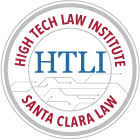 |
 |
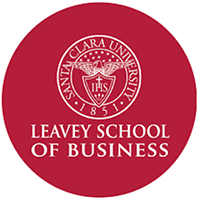 |
2018 Partners:
Chan Zuckerberg Initiative
Kettering Foundation
Solutions:
Are you aware of an organization (such as a nonprofit or governmental body) that is working on solving access to justice issues, especially around second chance legislation, and could benefit from a technological solution? Please send them our way! We may be able to help. EmpathyHack@scu.edu
Awards and Press:
Awards:
2019 California Law Journal Trailblazer Award
2019 National Law Journal Tech Trailblazer Award
Press:
![]()
Op-ed by Professor Colleen Chien on Empathy Hackathon in Los Angeles Times
